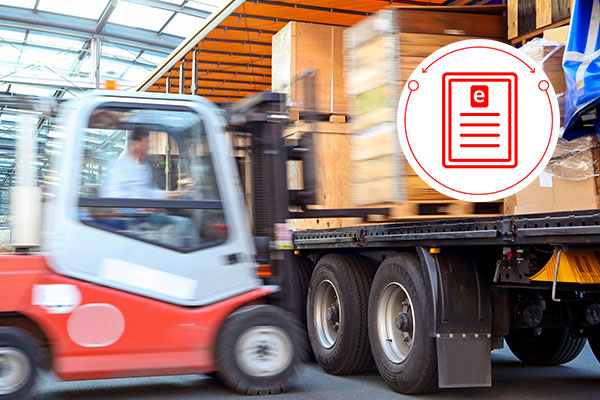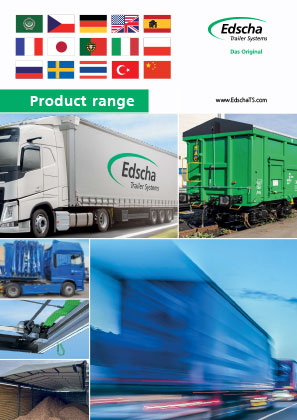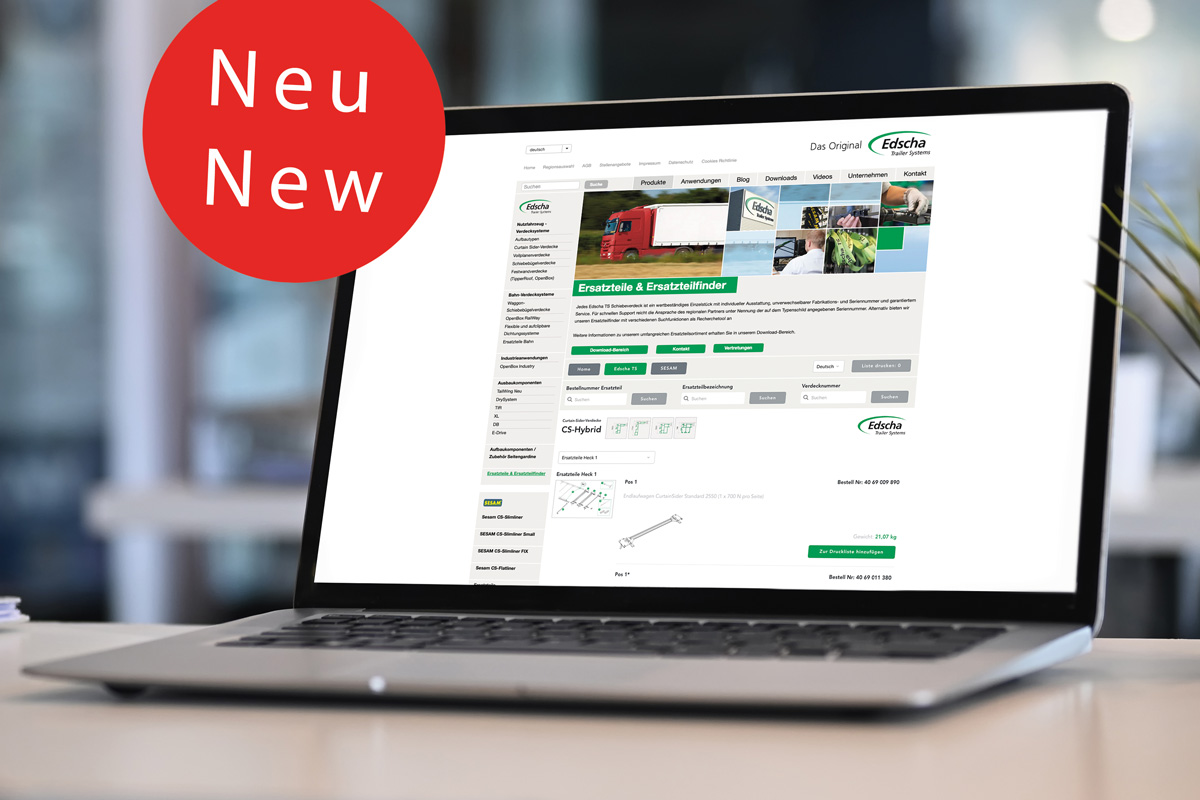The system diversity
The digitalisation of work processes in the logistics sector enables a very high level of individuality. However, the necessary interfaces and standards that enable common, meaningful access for all participants are lacking. Digitisation of the logistics sector means, in particular, creating common platforms that can be used by everyone in a technically and legally binding way. This takes time and requires commitment.

Digital savings potential
Let's see what functions the consignment note must have. Every year, around 150 million waybills are issued in Germany alone. Each consignment note costs around 4 euros. Extrapolated, that is around 600 million euros. This is a huge savings potential that is also noticeable in other areas. For example, in faster communication between company and customer. The integration of GPS and other applications can ensure faster delivery and processing of orders in real time. There are already system applications today that, in addition to the current location, also display current conditions that influence the load, such as temperature, humidity, vibrations and more. So technically, a lot is possible. But why is the implementation - as with the e-waybill - associated with very long timeframes?
Doubly doubled
The waybill or CMR waybill (international) is an important transport document. It fulfils the requirements of § 407 ff. HGB (German Commercial Code) and the requirements for a goods accompanying document. It contains, for example, information about the goods to be transported, the merchants involved, the place of dispatch and destination and the payment. The consignment note also plays an important role in legal disputes, such as transport damage or failure to meet deadlines. All this must be done in quadruplicate and kept for six years. From this point of view alone, the e-waybill can make a lot of things easier.
e-CRM: European comfort solution
Until 1998, it was compulsory to carry a consignment note in German freight transport. From 1998 onwards, the waybill could be replaced (voluntarily) by e.g. delivery notes or loading lists. However, the carrier still has the right to demand that the consignor issue a consignment note. If the freight is "European", the e-CMR is used, which is a "real" digital consignment note solution. Many drivers therefore no longer need to carry paper consignment notes for international journeys. In most European countries, a digital e-CMR is sufficient as a legally valid document.
Waybill with talent
The electronic form puts an end to waybills that are lost or unreadable, for example. Proof of delivery is available in real time - It's faster and more efficient. Delivery times are also recorded correctly. The bottom line is a significant cost saving. Since the waybill is digitally processed and signed, the order can be invoiced immediately.
On the right track
So general digital processing will still have to wait a while. But the e-CMR already shows what digitalisation can achieve in this area. The enthusiasm for the current solution gives hope for further common platforms. At the end of 2019, at least the EU Parliament and the EU Council agreed to require the use of digital consignment notes from 2026.






